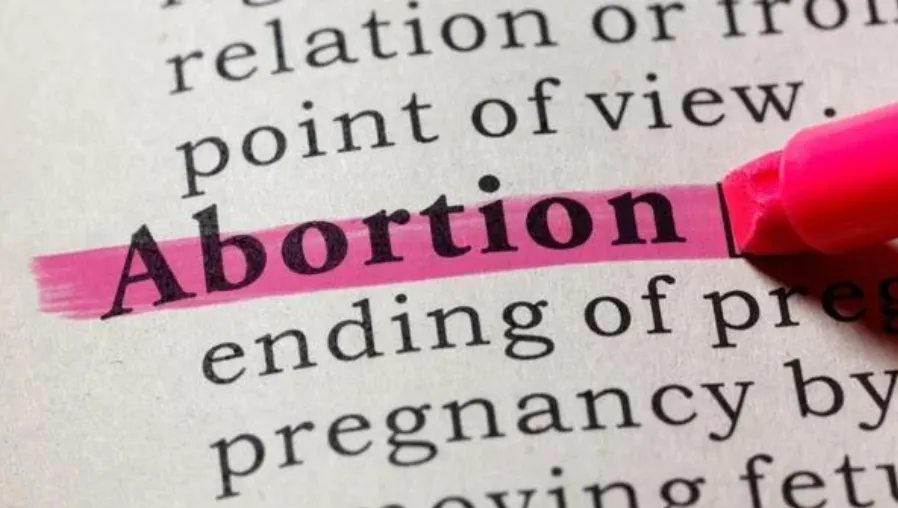
On 29 September, in response to the case of a 25-year-old unmarried woman—whose plea to terminate her pregnancy in the
24th week was turned down by the Delhi High Court—the Supreme Court (SC) of India ruled that all women, regardless of their marital status can obtain abortions up to 24 weeks into their pregnancies. The apex court stated that the decision to carry the pregnancy or terminate it was firmly rooted in a woman’s right to her bodily autonomy and to choose the course of her own life where the artificial distinction between married and unmarried women cannot be sustained.
The change in the law has been hailed by many women and reproductive rights activists, who believe that the court’s judgement no longer discriminates and instead, expands the right to safe and legal abortions to every single woman, thereby, affecting the lives of millions in the coming years. But given the fact that abortion rights have not always been so free in India, the SC’s recent order begs the question as to how the expansion of existing acts and rules—in reality—will contribute towards the longstanding fight for reproductive and bodily autonomy of Indian women.
What has changed?
To begin with, the apex court’s recent decision proves that abortion laws in India have come a long way and are moving towards an even more progressive direction. India’s legislation under British rule in 186o
punished abortions with a prison sentence, or fine, or both. It was only in 1971 that a separate law for reproductive rights—in the form of the
Medical Termination of Pregnancy (MTP) Act—was drafted and passed by the Indian Parliament.
However, acknowledging the limitations of the law, the Indian Parliament first amended the Act in
2003 and then in
2021 to make provision for medical termination of pregnancies for up to 24 weeks for special categories of women such as rape survivors, minors, women with mental disabilities, women with foetuses abnormalities, etc. The Act, nonetheless, systematically excluded single women in consensual relationships, depriving them of their bodily autonomy.
Despite these pitfalls, it is perhaps safe to say that the SC’s 2022 judgement to include women—irrespective of their marital status—under the MTP act, which allows them to terminate pregnancies up to 24 weeks reaffirm India’s commitment to treat safe and legal abortion as every woman’s constitutional right.
Besides, the SC’s recognition of women’s right to equality and their agency and choice is even more momentous for a country where the woman’s body has always been under patriarchal surveillance—offering a welcome break away from the stereotypical-traditional notion that only married women indulge in sexual intercourse, and that consequently, the law should only benefit them. The recent decision, thus, speaks volumes about the undercurrents of transformation and reformed ways of thinking that are sweeping across conventional Indian society.
Despite these pitfalls, it is perhaps safe to say that the SC’s 2022 judgement to include women—irrespective of their marital status—under the MTP act, which allows them to terminate pregnancies up to 24 weeks reaffirm India’s commitment to treat safe and legal abortion as every woman’s constitutional right.
And lest we forget, in India, where there are
73 million single women who have so far been denied legal and safe access to abortion beyond 20 weeks, the expansion of the MTP Act will prove to be ground breaking. According to a report published by the United Nations Population Fund in 2022, nearly
67 percent of abortions in India are deemed unsafe killing
eight women on average in a day, thus, the SC’s new order could considerably reduce women’s reliance on unsafe abortion practice. According to a report published by the United Nations Population Fund in 2022, nearly
67 percent of the abortions in India are deemed unsafe killing
eight women on average in a day.
What remains to be changed?
But despite these positives, the truth is that the apex court’s decision is only the first step forward in the Indian women’s fight for reproductive and bodily autonomy. There, thus, remains much more that needs to be done. Notably, the revised act and rules, continue to systemically exclude a sizeable population of the LGBTQIA+ community—including transgender, non-binary, and gender-diverse people who were categorised as female or intersex at birth—from the Indian abortion laws and healthcare infrastructure.
For instance, the amended MTP ACT does touch up on cis-gender women—who struggle the most in accessing healthcare—but provides no clarity on specific rules that will apply to them. In fact, the judgement has specifically used the word pregnant ‘women’, leaving a sense of ambiguity of who is included and who is not.
The amended MTP ACT does touch up on cis-gender women—who struggle the most in accessing healthcare—but provides no clarity on specific rules that will apply to them.
It is important to note that many people who do not identify as women but can experience pregnancy and require access to safe abortions as well as sexual and reproductive health services. Thus, the framework needs to be more inclusive by replacing “women” with ‘person’ in the MTP act.
Aside from making the framework more inclusive, more awareness needs to be raised around it. Even though the reproductive laws in India have been moving in a liberal direction, abortion is still a stigma, especially in the lower rungs of society with motherhood constantly being looked through a moral prism. As a result, families and at times, even medical healthcare practitioners, prevent women from getting an abortion.
And while, in its latest decision, the SC noted that the registered medical practitioners in India should
refrain from imposing extra-legal conditions on women seeking to terminate their pregnancy, the mainstream medical curriculum as well as the society—at large—needs to be sensitised towards women’s right and their freedom of choice to either keep or terminate her pregnancy, which could ultimately affect her entire life by interrupting her education, her career, or affecting her mental well-being.
Conclusion
There is no doubt about the fact that India’s judgement is a laudable one, especially given that it has come at a time when sexual and reproductive rights are being considered a rather contentious issue across the globe, particularly after the United States overturned the landmark Roe v. Wade judgment, which granted constitutional validity to the right to abortion. It has set both India and the issue of women’s rights in the country on the path of progressiveness.
The views expressed above belong to the author(s). ORF research and analyses now available on Telegram! Click here to access our curated content — blogs, longforms and interviews.



 On 29 September, in response to the case of a 25-year-old unmarried woman—whose plea to terminate her pregnancy in the
On 29 September, in response to the case of a 25-year-old unmarried woman—whose plea to terminate her pregnancy in the PREV
PREV


